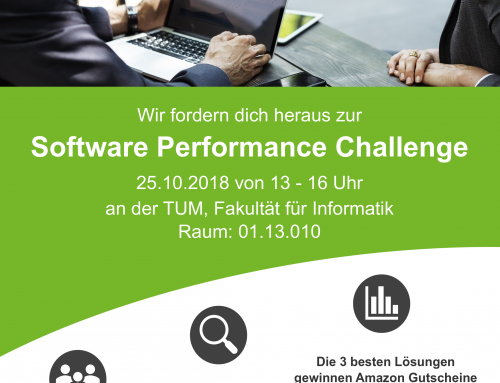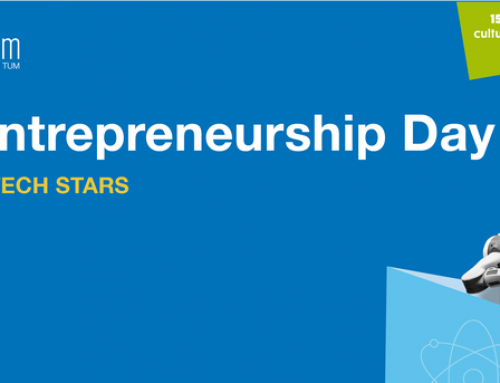Wir freuen uns, Sie am 09.05.17 zum elften Software Performance Meetup begrüßen zu dürfen! Das Burda Bootcamp ist so freundlich, dieses Meetup zu hosten! Wie immer gibt es an dem Abend zwei spannende Vorträge zum Thema Performance – Dieses mal erwarten Sie die folgenden beiden Beiträge:
Richard Vobl (RETIT): HTTP/2 – Web Performance Improvements for free!
In May 2015 HTTP/2 was introduced to replace HTTP/1.1 which at this point was almost 20 years old. This was the attempt to adapt the standard transfer protocol of the document-based web to the present world of modern web applications. But since then there is not a lot of discussion about HTTP/2 in production environments. So it is time to take a closer look and decide whether HTTP/2 is able to keep its promises and is worth switching to. In this talk we will also have a look at why HTTP/2 was introduced and the benefits it provides from a performance perspective which we are going to see in some live examples. A reality-check concluding this talk will show if HTTP/2 is ready to be used in the technologies of your web applications.
About the speaker: Richard Vobl is a Junior Software Performance Consultant at RETIT GmbH. Being interested in web applications in general he got the possibility to work on an internal project at RETIT for his Master’s Thesis „Design and Implementation of a Web Application for Performance Modeling and Simulation“, which combines this interest with the world of software performance. Since then he is continuously expanding his knowledge in web application performance.
Christian Vögele (Novatec): Disruption of the APM market through open standards and open source – our vision of an ideological change
The continuing tool diversification in the APM market makes it difficult for companies to get a holistic view of their enterprise applications.
The data between different APM applications are hard to exchange and hard to aggregate. Furthermore, commercial tools are difficult to integrate with open source solutions.
To face these challenges, open standards are becoming more and more important. In this talk we give a brief overview of existing approaches and their benefits.
Noch sind wenige Plätze frei, sichern Sie sich Ihre Teilnahme hier. Wir freuen uns, Sie dort zu treffen!





